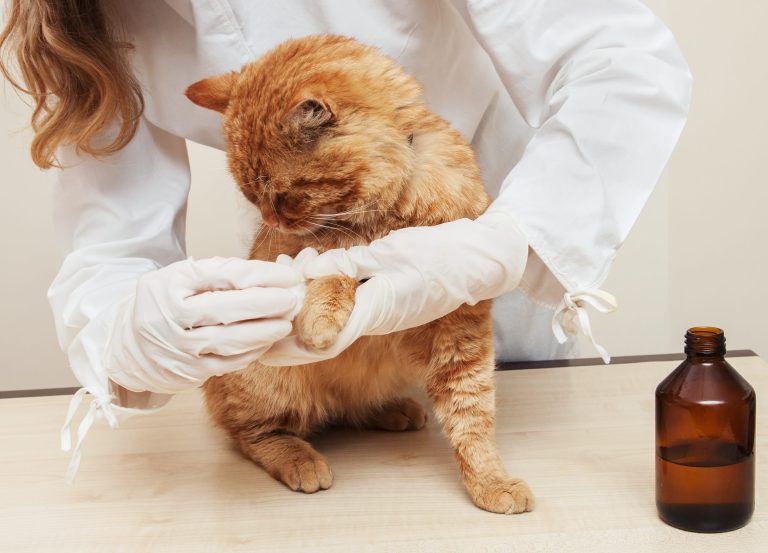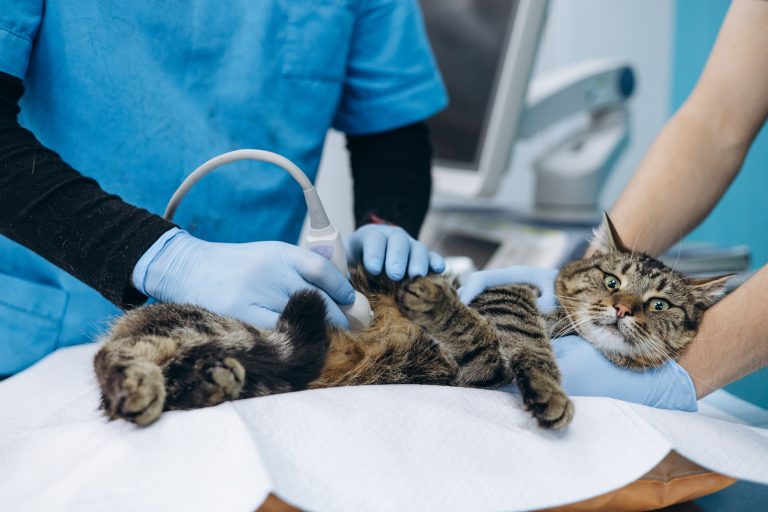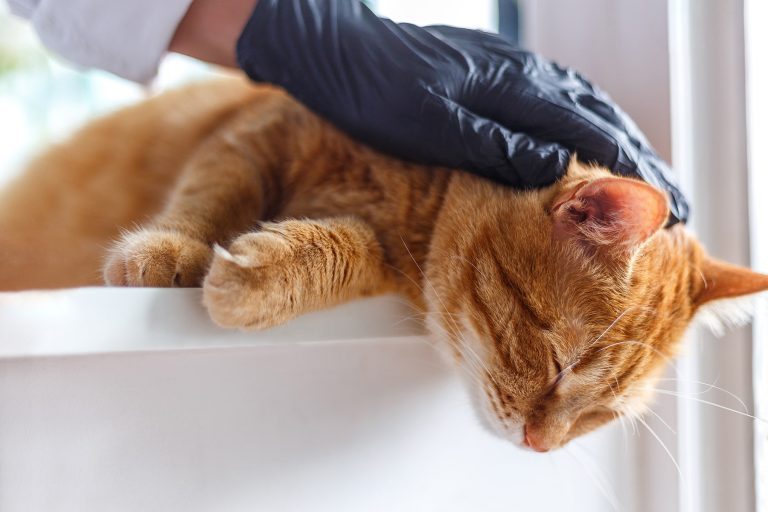Recognizing a pet emergency early can make all the difference in ensuring their safety and well-being. At Summit Veterinary Urgent Care, we provide after-hours emergency care for pets, offering prompt, compassionate treatment when you need it most. Unlike routine veterinary visits, urgent care focuses on immediate stabilization and treatment for life-threatening conditions. Knowing when to seek emergency vet care can save your pet’s life.
This Article Will Address:
- Symptoms that indicate a pet emergency
- Signs of poisoning and immediate actions to take
- When breathing problems require urgent care
- How to recognize severe pain in pets
- Why Summit Veterinary Urgent Care is your trusted provider
What Symptoms Indicate My Pet Needs Emergency Veterinary Care?
What Are the Signs of Poisoning in Pets That Require Immediate Attention?
Poisoning is a leading cause of emergency vet visits. Common toxic substances include:
- Chocolate, xylitol, antifreeze, rat poison, human medications, and certain plants
- Symptoms to watch for:
- Vomiting and drooling
- Tremors or seizures
- Difficulty breathing
- Uncoordinated movements or collapse
Immediate Actions Before Arriving at the Vet:
- Remove the toxin from their environment.
- Call Summit Veterinary Urgent Care or a Pet Poison Control hotline.
- Do not induce vomiting unless instructed by a veterinarian.
How Do I Know if My Pet’s Breathing Problems Are an Emergency?
Breathing difficulties can become life-threatening within minutes. Seek immediate care if your pet exhibits:
- Gasping for air or open-mouth breathing (especially in cats)
- Blue or pale gums
- Wheezing, coughing, or struggling to inhale/exhale
- Foaming at the mouth or choking
What to Do:
- Keep your pet calm and still.
- Avoid placing anything in their mouth.
- Transport them to urgent care immediately.
Is Vomiting or Diarrhea in Pets a Reason to Seek Emergency Care?
While mild cases may resolve at home, the following warrant immediate veterinary attention:
- Blood in vomit or stool
- Repeated vomiting or diarrhea lasting more than 24 hours
- Signs of dehydration (lethargy, dry gums, sunken eyes)
- Accompanying symptoms such as fever, bloating, or pain
What Should I Do if My Pet Has Ingested a Toxic Substance?
- Stay calm and remove access to the toxin.
- Check the product label for ingredients.
- Call Summit Veterinary Urgent Care immediately.
- Bring the packaging to the clinic if possible.
How Can I Recognize if My Pet Is in Severe Pain and Needs Urgent Care?
Pets often hide pain, but signs of severe discomfort include:
- Whining, shaking, or restlessness
- Panting excessively or drooling
- Aggressive behavior or withdrawal
- Reluctance to move or eat
Summit Veterinary Urgent Care provides pain management solutions tailored to your pet’s needs.
When Is Lethargy in Pets a Sign of a Veterinary Emergency?
- If your pet is unresponsive or unable to stand
- If lethargy is accompanied by vomiting, fever, or difficulty breathing
- If your pet refuses to eat or drink for more than 24 hours
Why Trust Summit Veterinary Urgent Care for Emergency Care?
- Walk-ins welcome – No appointment needed for urgent cases
- Specialized urgent care triage – Prioritizing pets based on severity
- Species-inclusive care – Treating dogs, cats, small mammals, and small ruminants
- Fear-free approach – Keeping pets with owners as much as possible
- Convenient location – Serving Decatur, Priceville, and North Alabama
Contact Summit Veterinary Urgent Care in Decatur, AL
If your pet is experiencing an emergency, don’t wait. Contact us immediately to speak with a veterinary professional in Decatur, AL. We offer after-hours emergency care to ensure your pet gets the urgent treatment they need.






